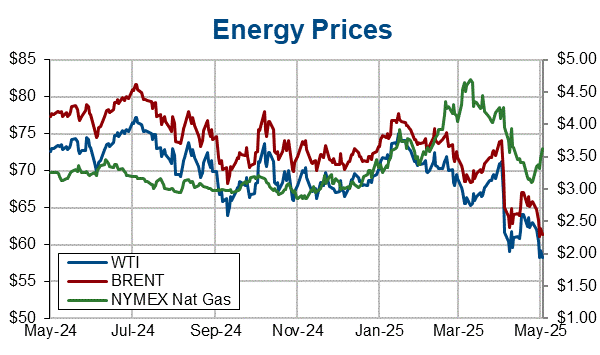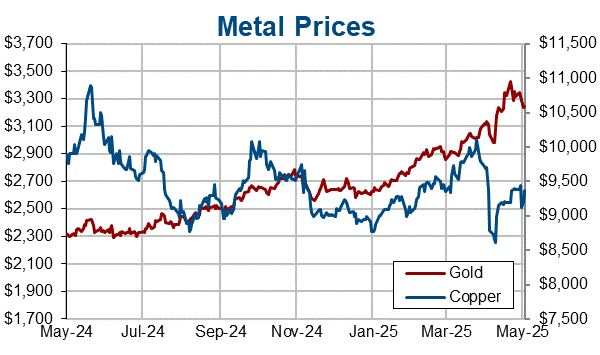Oil prices backed up at the start of the second half of the year, after Russia and Saudia-Arabia announced more output cuts. Gas prices already jumped sharply in June on a combination of supply concerns and higher demand expectations.
USOIL declined in the first half of the year as investors weighed the sluggish recovery in China. The PBOC may have cut rates, but so far markets have been disappointed by the lack of decisive stimulus programs. Central banks in the US and Europe meanwhile remain focused on fighting inflation, despite the fact that growth indicators are flagging.
Demand expectations have remained capped, but prices still backed up today, after Saudi Arabia announced that it will extend its output cut. The kingdom said it will maintain the 1 million barrel a day reduction that kicked in at the start of the month through August. Saudi Arabia expects to pump around 9 million barrels a day, which is the lowest in several years, in a bid to keep prices underpinned. Russia’s Prime Minister Novak meanwhile said his country would voluntarily cut supplies by 500K per day in August, according to Reuters. That would deepen a cut of the same size that was introduced by Moscow in March.
Coupled with the pickup in risk appetite last Friday, this helped to underpin oil prices at the start of the second quarter. The price for USOIL managed to rise to $71.43 per barrel at the start of July, while Brent is at $75.984. Levels are 1.1% and 0.8% respectively higher than at the end of June, but still considerably lower than at the start of the year.

Gold continued to trend lower in June. After hitting a record high in early May, the precious metal is now trading at lower levels than at the start of the year. Central bank outlooks and in particular the Fed’s policy path have remained in focus, and bullion rose on Friday after US chain price gains slowed. Markets are still pricing in a very good chance of another rate hike this month, which will likely keep a lid on gold as markets wait for the key US jobs report at the end of the week.

Agricultural commodity markets remain focused on the Ukraine war and weather conditions. Midwest erased worries that drought conditions would harm harvests. There was also a report in the FT today saying EU officials are considering proposals that would allow some tweaking of its sanctions packet to get Russia to extend the Black Sea grain initiative.
The FT reported that the plan was proposed by Moscow through negotiations brokered by the UN. It would allow Russian Agricultural Bank to create a subsidiary to handle payments related to grain exports and thus reconnect to the global financial network, at least indirectly. The global Swift financial messaging system was closed to the largest Russian banks as a reaction to Russia’s invasion of Ukraine, but Russia has been threatening not to extend the initiative that allows Ukraine to export its agricultural products via the Black Sea, unless the hurdles placed on Russia’s own agricultural exports are removed or eased.
Click here to access our Economic Calendar
Andria Pichidi
Market Analyst
Disclaimer: This material is provided as a general marketing communication for information purposes only and does not constitute an independent investment research. Nothing in this communication contains, or should be considered as containing, an investment advice or an investment recommendation or a solicitation for the purpose of buying or selling of any financial instrument. All information provided is gathered from reputable sources and any information containing an indication of past performance is not a guarantee or reliable indicator of future performance. Users acknowledge that any investment in Leveraged Products is characterized by a certain degree of uncertainty and that any investment of this nature involves a high level of risk for which the users are solely responsible and liable. We assume no liability for any loss arising from any investment made based on the information provided in this communication. This communication must not be reproduced or further distributed without our prior written permission.



















